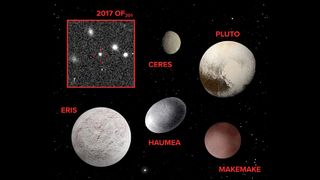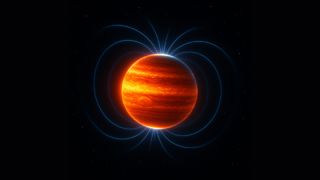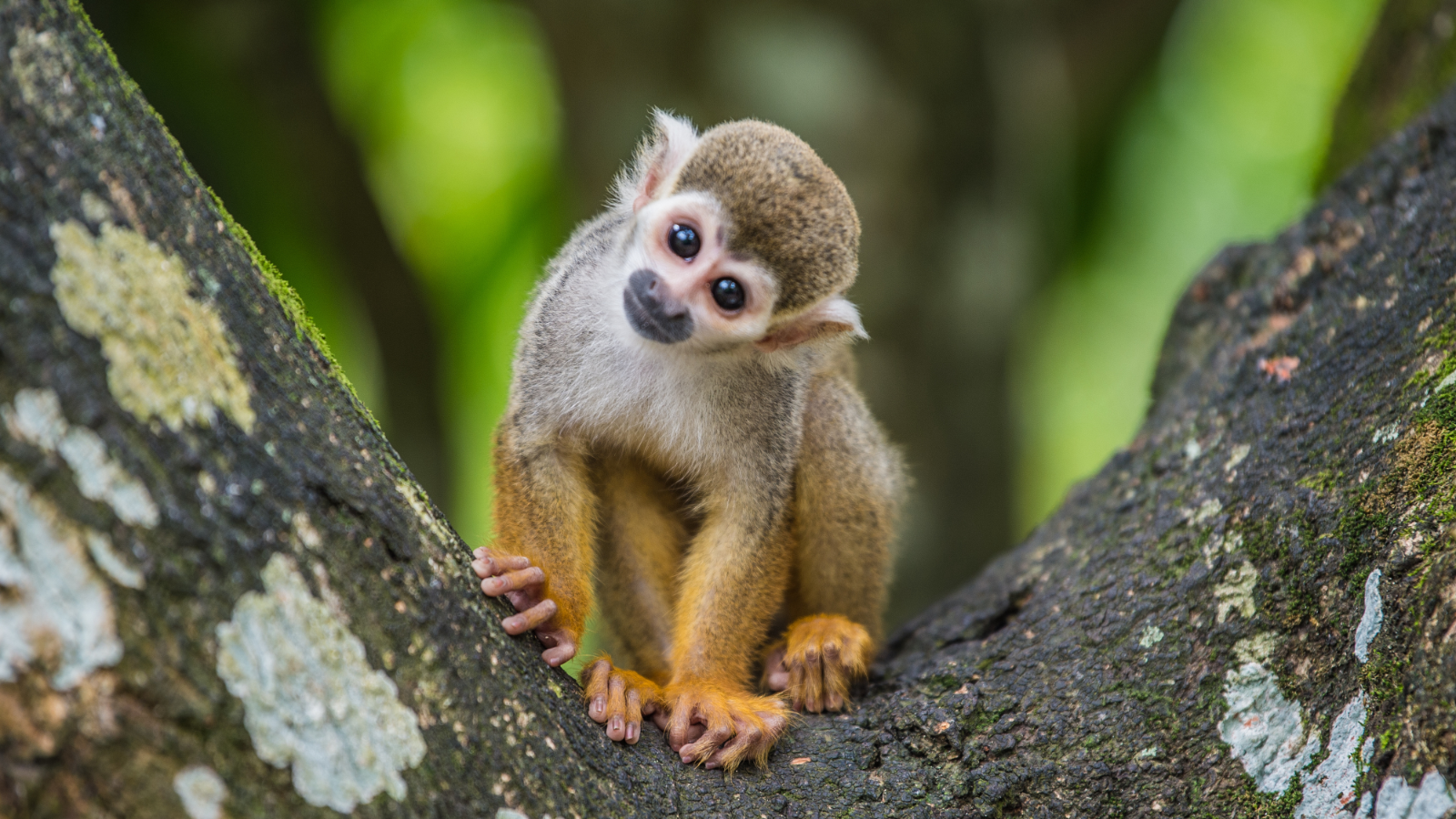Solar System
Latest about Solar System
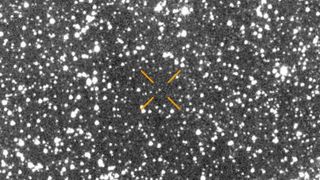
3I/ATLAS: Everything you need to know about the new 'interstellar visitor' shooting through the solar system
By Harry Baker published
Astronomers have spotted a new interstellar object — the third of its kind ever seen — shooting towards us through the solar system. Here's everything you need to know about 3I/ATLAS.

Watch newly discovered 'interstellar visitor' 3I/ATLAS shoot toward us in first livestream
By Harry Baker published
You can see the recently identified "interstellar object" 3I/ATLAS shooting towards us through the solar system in a livestream from the Virtual Telescope Project.

NASA confirms that mysterious object shooting through the solar system is an 'interstellar visitor' — and it has a new name
By Harry Baker published
Experts have confirmed that the mysterious object hurtling towards us, previously dubbed A11pl3Z, is an "interstellar object." The cosmic interloper, officially named 3I/ATLAS, is only the third of its kind ever seen — and will shoot past Earth later this year.
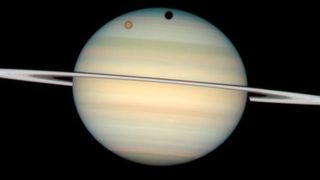
You can see a giant 'hole' shoot across Saturn this summer — and it won't happen again until 2040
By Harry Baker published
There will be several chances to see the shadow of Saturn's largest moon, Titan, pass across the ringed planet's Earth-facing surface over the next few months. The rare spectacle is only visible every 15 years.
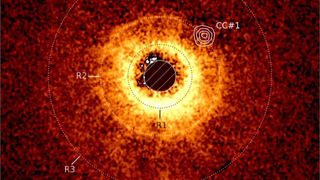
James Webb telescope discovers its first planet — a Saturn-size 'shepherd' still glowing red hot from its formation
By Ben Turner published
Nestled inside a planetary ring 110 light-years from Earth, a planet spotted by the James Webb telescope is the lightest exoplanet ever detected.
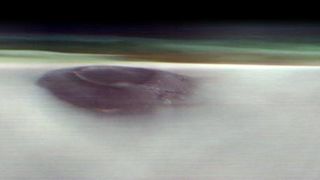
NASA spots Martian volcano twice the height of Mount Everest bursting through the morning clouds: Space photo of the week
By Shreejaya Karantha published
A new panorama from NASA's Mars Odyssey orbiter shows Arsia Mons, one of the largest volcanoes on Mars, rising above a thick blanket of clouds before dawn.

Surprised scientists discover the 'dark sides' of Uranus' moons are the wrong way around
By Harry Baker published
Researchers armed with the Hubble Space Telescope have revealed that some of Uranus' largest moons have one side brighter than the other — but not the side they were expecting.

Does light lose energy as it crosses the universe?
By Jarred Roberts published
The speed of light is the fastest anything can travel. What happens to a photon from a galaxy 25 million light years away on its journey toward Earth?
Get the world’s most fascinating discoveries delivered straight to your inbox.


